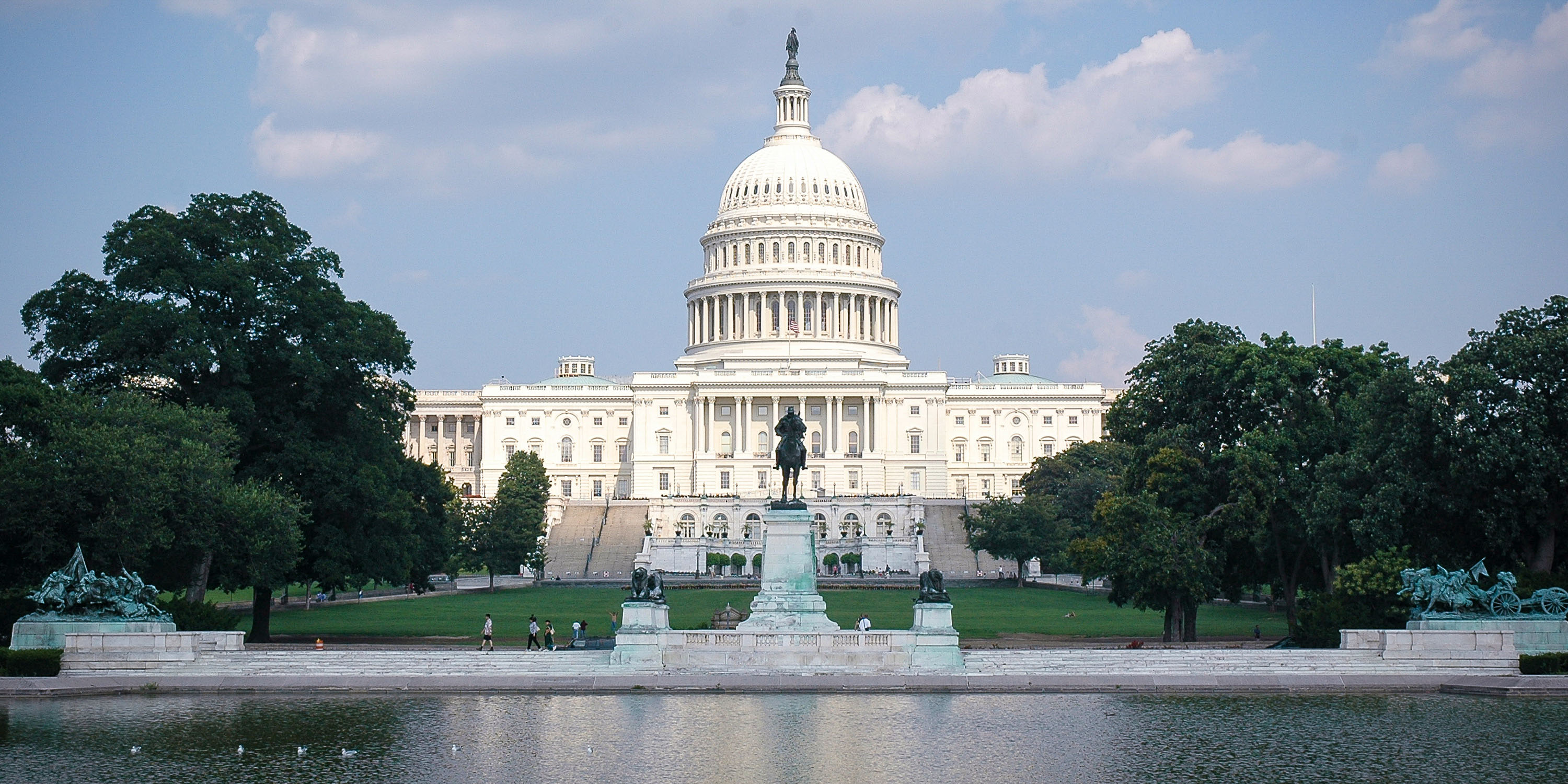The Centers for Medicare and Medicaid Services (CMS) issued a second Healthcare Common Procedure Coding System (HCPCS) code to be used by laboratories for the testing and tracking of new cases of the 2019-Novel Coronavirus disease (COVID-19).
Headlines that Matter for Companies and Executives in Regulated Industries
CMS published the Contract Year 2021 and 2022 Policy and Technical Changes to the Medicare Advantage Program, Medicare Prescription Drug Benefit Program, Medicaid Program, Medicare Cost Plan Program, and Programs of All-Inclusive Care for the Elderly Proposed Rule (the Proposed Rule).
In a recent opinion, the Fairfax Circuit Court deemed unenforceable the non-compete and employee non-solicitation provisions of two doctors who had performed work for the United States Army on behalf of a government contractor.
The U.S. Securities and Exchange Commission (SEC) issued an order that grants conditional regulatory relief for certain publicly traded company filing obligations in light of the rapidly spreading coronavirus pandemic.
The Centers for Medicare and Medicaid Services announced in two letters to State Survey Agencies new guidance for infection control and prevention concerning coronavirus 2019.
California Attorney General Xavier Becerra recently released proposed modifications to his initial California Consumer Privacy Act (CCPA) regulation adjustments.
The Centers for Medicare and Medicaid Services (CMS) is suspending non-emergency inspections in order to allow inspectors to focus on the most serious health and safety threats.
As the coronavirus continues to wreak havoc globally, long-term business implications are imminent for US companies.
As comparison sites become more popular, the fine print becomes increasingly important for both consumers and companies.
For those reading the tea leaves of US trade policy, an announcement earlier this week from the US International Trade Commission was an important development.
International Trade Partners Kay Georgi and Marwa Hassoun have an update on OFAC’s changes to the Reporting, Procedures and Penalties Regulations, 31 CFR §§ 501, et seq. related to reporting blocked, unblocked, or rejected transactions.
Federal officials often conduct unannounced, sometimes intrusive inspections of regulated entities, which can be a major disruption to companies’ operations and has historically left them with little to do about it but wait for the interruption to pass – until now.
Frequently the U.S. Consumer Product Safety Commission (CPSC) shares big news at the annual meeting of the International Consumer Product Health & Safety Organization (ICPHSO), the body that brings together all stakeholders in the product safety space.
Headlines that Matter for Companies and Executives in Regulated Industries
On February 26, 2020, the National Labor Relations Board (the NLRB) issued its final rule governing joint employer status under the National Labor Relations Act (the NLRA).
Yesterday, the National Labor Relations Board (NLRB or Board) issued its much anticipated final rule on the joint-employer standard under the National Labor Relations Act (NLRA).
The U.S. Environmental Protection Agency (EPA) announced last week its latest step in the implementation of its Action Plan—a preliminary regulatory determination regarding two per- and polyfluoroalkyl substances (PFAS)—perfluorooctanoic acid (PFOA) and perfluorooctanesulfonic acid (PFOS).
Check out the analysis by Protenus, a health care compliance analytics firm.
Manufacturers are used to defending strict product liability actions when plaintiffs claim that their products are defective. But in the opioid litigation, plaintiffs have filed something else: more than 2,500 public nuisance cases so far.
The Setting Every Community Up for Retirement Enhancement (SECURE) Act, which was signed into law in December 2019, introduces a number of new rules and provisions that impact retirement savings in both employer-sponsored and individual retirement plans.
The U.S. Food and Drug Administration (FDA) issued a final rule last week that broadened the scope of the Biologics Price Competition and Innovation Act (BPCIA) to include large proteins, even those that could have been previously governed by the Hatch-Waxman Act.

The Consumer Financial Protection Bureau (Bureau) seeks industry feedback and public comment on various aspects of the remittance rule (Rule), which implements Section 1073 of the Dodd-Frank Wall Street Reform and Consumer Protection Act (Dodd-Frank Act).
The First Circuit handed the generic pharmaceutical industry an early Valentine’s Day treat earlier this month by resuscitating an antitrust suit against Sanofi by direct purchasers of insulin glargine.
The Trillion Trees Initiative was in focus at the January 2020 World Economic Forum in Davos. President Trump endorsed the initiative in his State of the Union address. Companies may want to consider this and other green initiatives as the trend for company sustainability continues to gain traction.